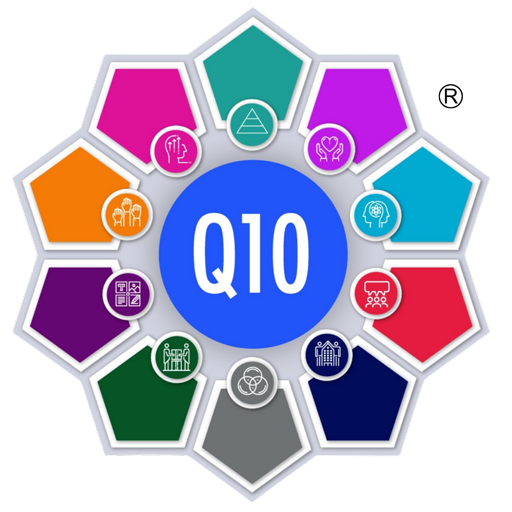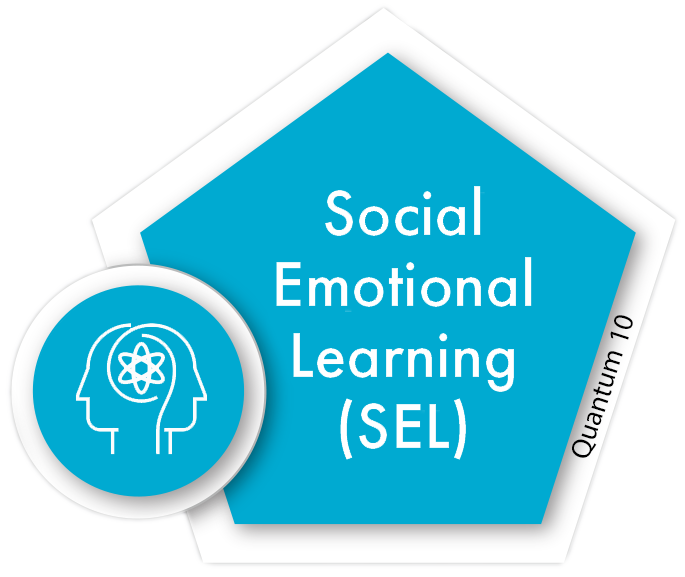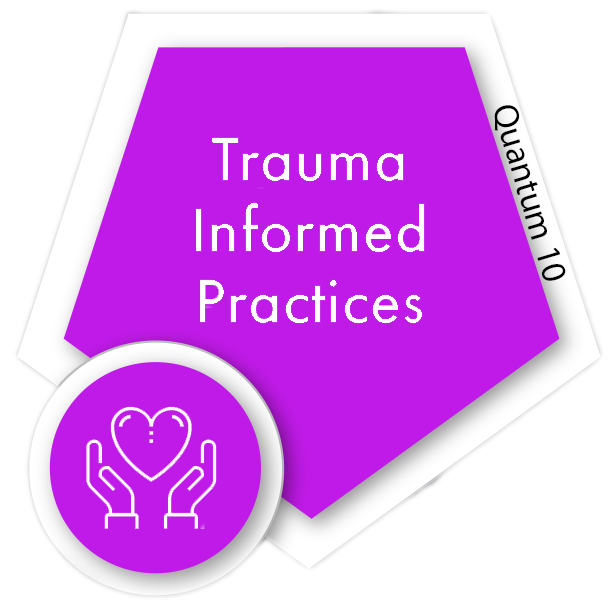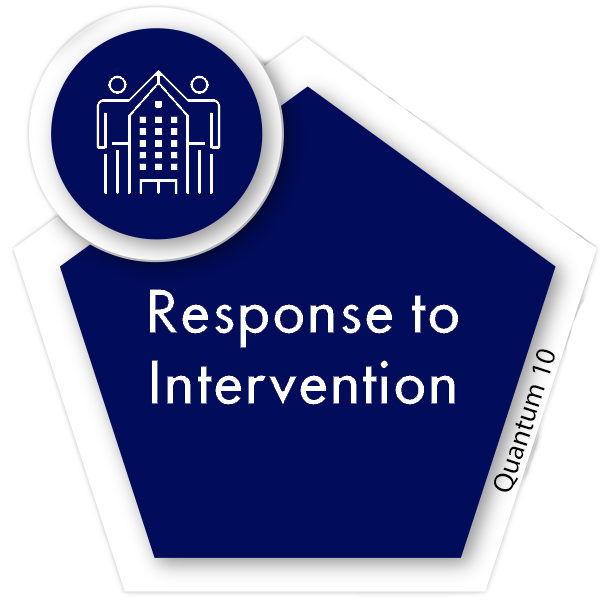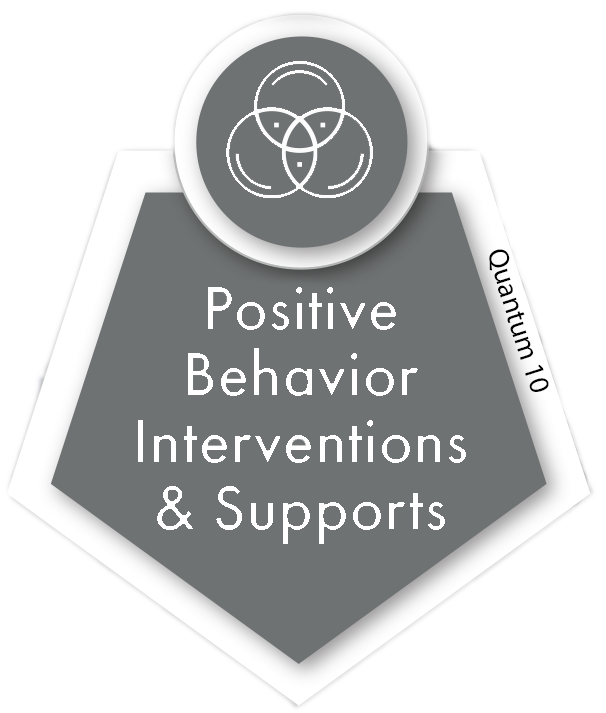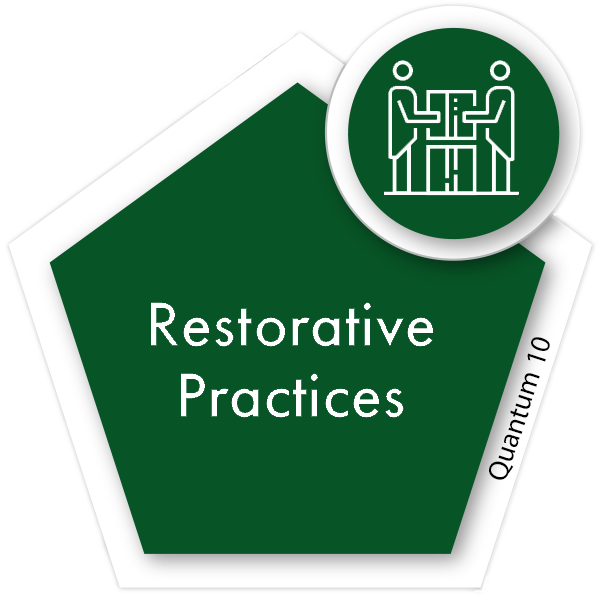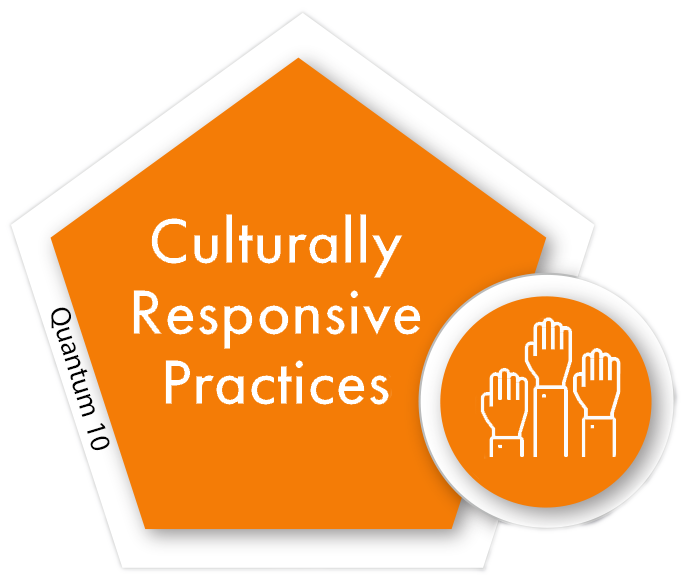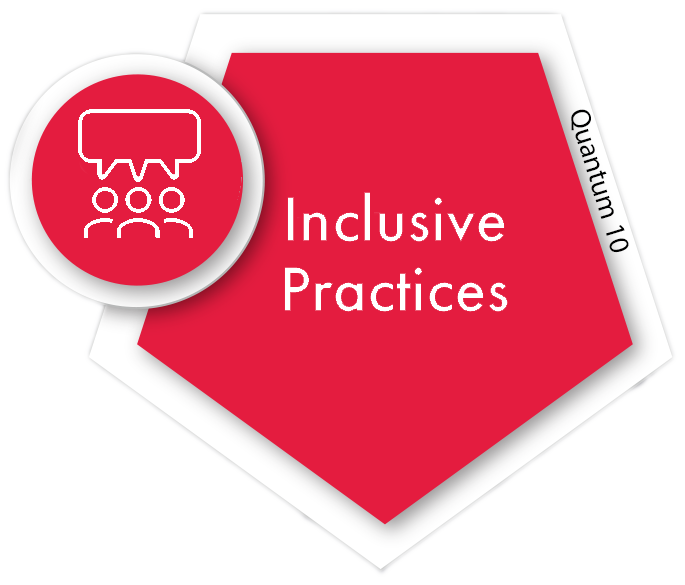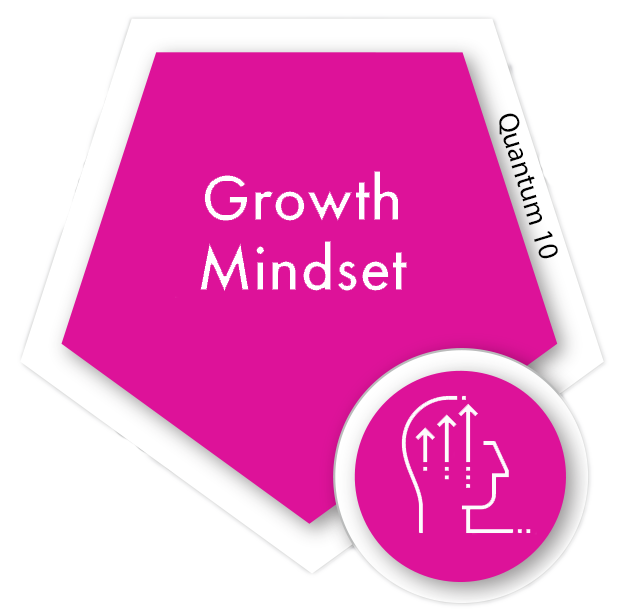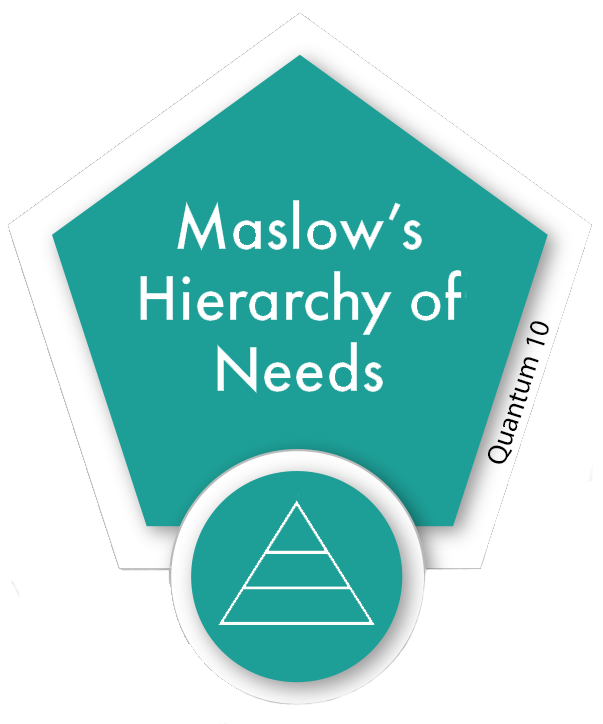Growth Mindset
The Quantum 10 Elements
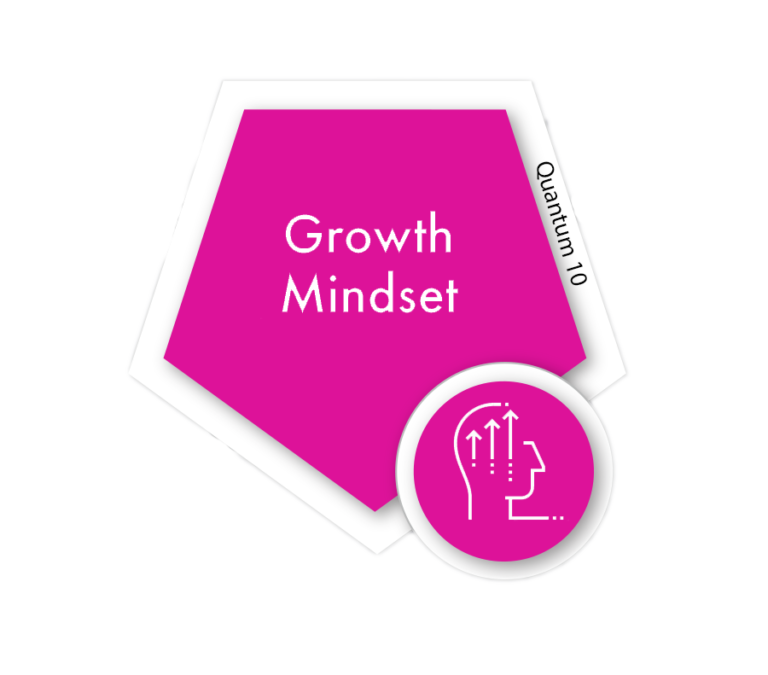
Positive thoughts about academic, personal and professional growth is rooted in research on neuroscience. There is a definitive connection between having a positive mindset, developing intelligence and success. There is a belief that a person’s most basic abilities can be developed through dedication and hard work – brains and talents are just the starting point (Dweck, 2015). True Growth mindset values progress over effort. So essence not just about effort!
Dr. Carol Dweck (2006) referenced research by neuroscientist Gilbert Gottlieb, who said, “Not only do genes and environment cooperate as we develop, but genes require input from the environment to work properly.” Dr. Dweck further explained that, “we have more capacity for learning throughout our lifetime and that our brains develop more as we learn.”
Click the links below to learn more about how you can expand Growth Mindset in your organizations and ways of leading:
- Having a Growth Mindset Makes It Easier to Develop New Interests by Paul A. O’Keefe, Carol Dweck, and Greg Walton
- Carol Dweck Revisits the ‘Growth Mindset’ by Carol Dweck
- Carol Dweck on Nurturing Students’ Growth Mindsets Through Protest and Pandemic by Arianna Prothero
- Use SMART goals and HARD goals and achieve high performance by Carol Dweck
- What’s International Women’s Day? by Girls Make Beats
